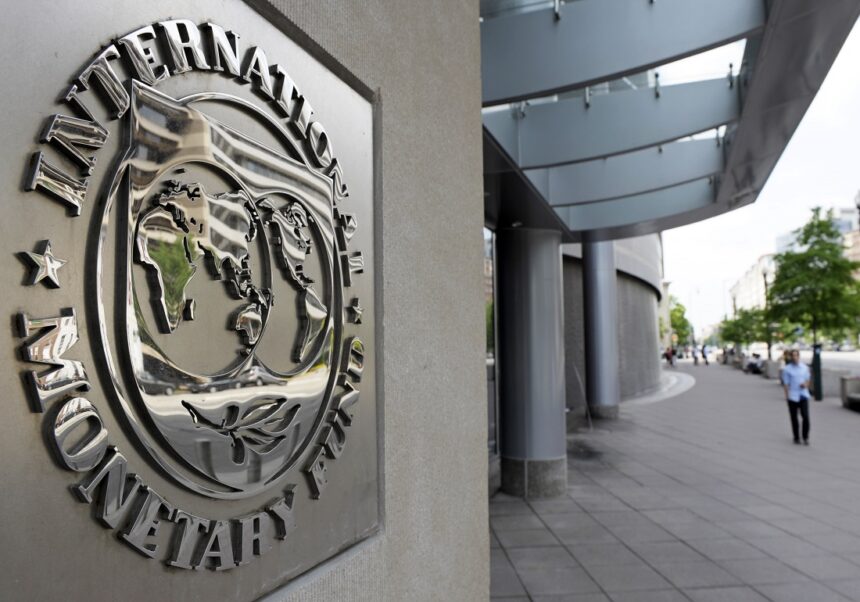Buenos Aires committed to record a primary surplus (before interest payments) equal to 2% of GDP in 2024
The International Monetary Fund (IMF) announced yesterday Wednesday that an agreement was reached at the technocratic level with the authorities of Argentiniansubject to the approval of its executive board, for granting the country an amount of 4.7 billion dollars, within the framework of the debt restructuring program of the Latin American country.
Following the completion of the assessment and the approval of the IMF’s executive board, Buenos Aires “will have access to approximately $4.7 billion,” the Washington-based financial institution noted in a press release.
“The proposed disbursement is intended to support the vigorous efforts (…) of the new authorities to restore macroeconomic stability” as well as to “help Argentina meet its needs” in terms of repaying its obligations, the IMF explained.
The announcement comes a month after the ultra-liberal president took office Javier Millay.
In return for this disbursement, Buenos Aires committed to record a primary surplus (before interest payments) equal to 2% of GDP in 2024according to the announcement.
The announcement came after the seventh IMF review of Argentina’s $44 billion debt restructuring deal.
The Fund said agreements had been reached with the Millay government on an “enhanced policy package” aimed at “restoring macroeconomic stability” and “getting the current (credit) program back on track” as “the main objectives of the adjustment program were not achieved , largely due to the serious political setbacks of the previous government” of President Alberto Fernandez (centre-left).
For the IMF, the new government is implementing an “ambitious stabilization program”, promoting “fiscal consolidation” and taking steps to “rebuild the reserve currency” and create a “market-oriented economy”.
In its announcement, the Washington-based institution said that monthly inflation accelerated in 2023, reaching 12.8% in November, “inventories were depleted, the currency became even more overvalued, and the foreign exchange deficit reached historic highs.”
Argentina’s Economy Minister Luis Caputo emphasized that this is not a new agreement, but added that the IMF mission assured him that the institution is open to a new lending program and more funds.








